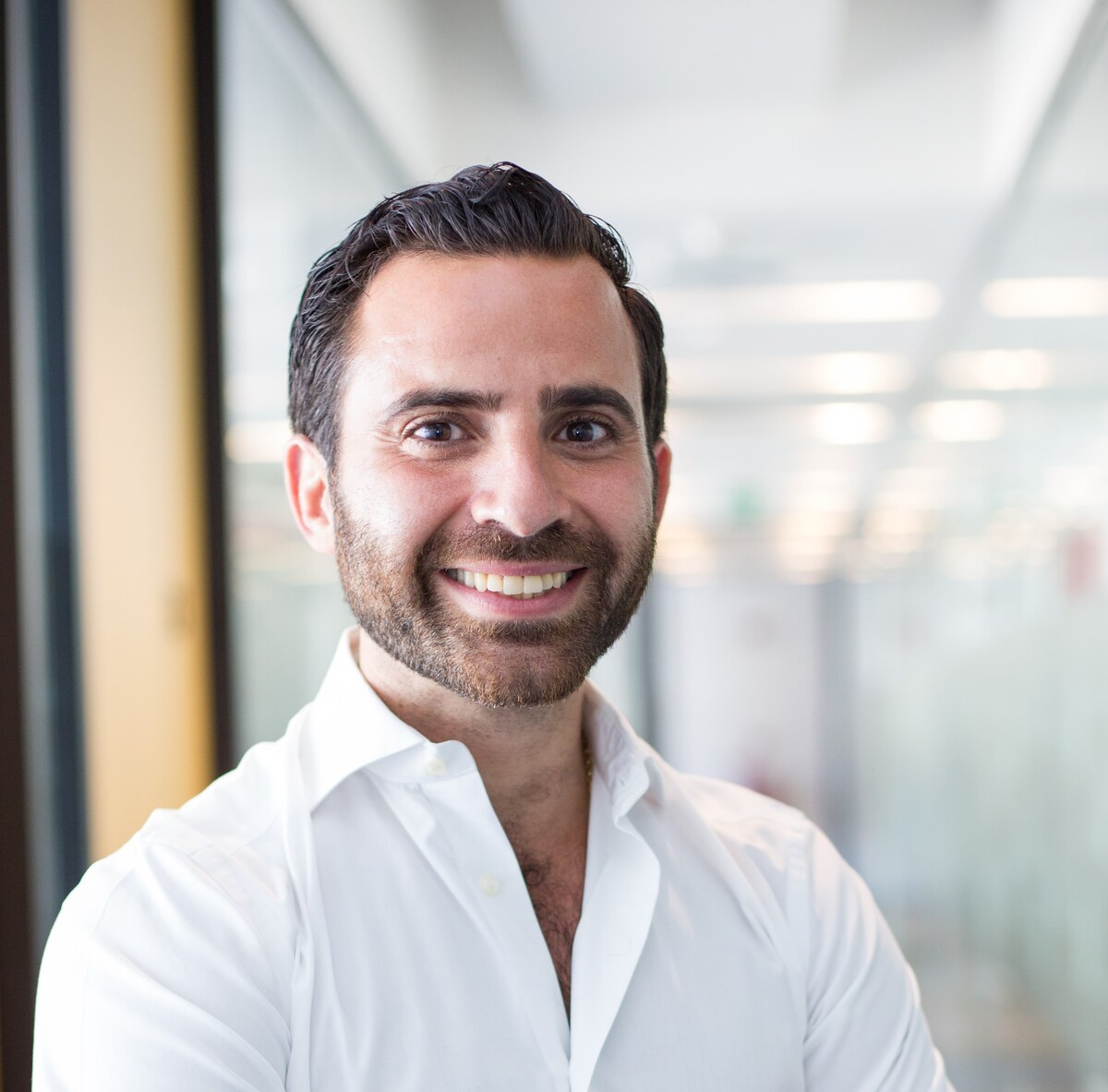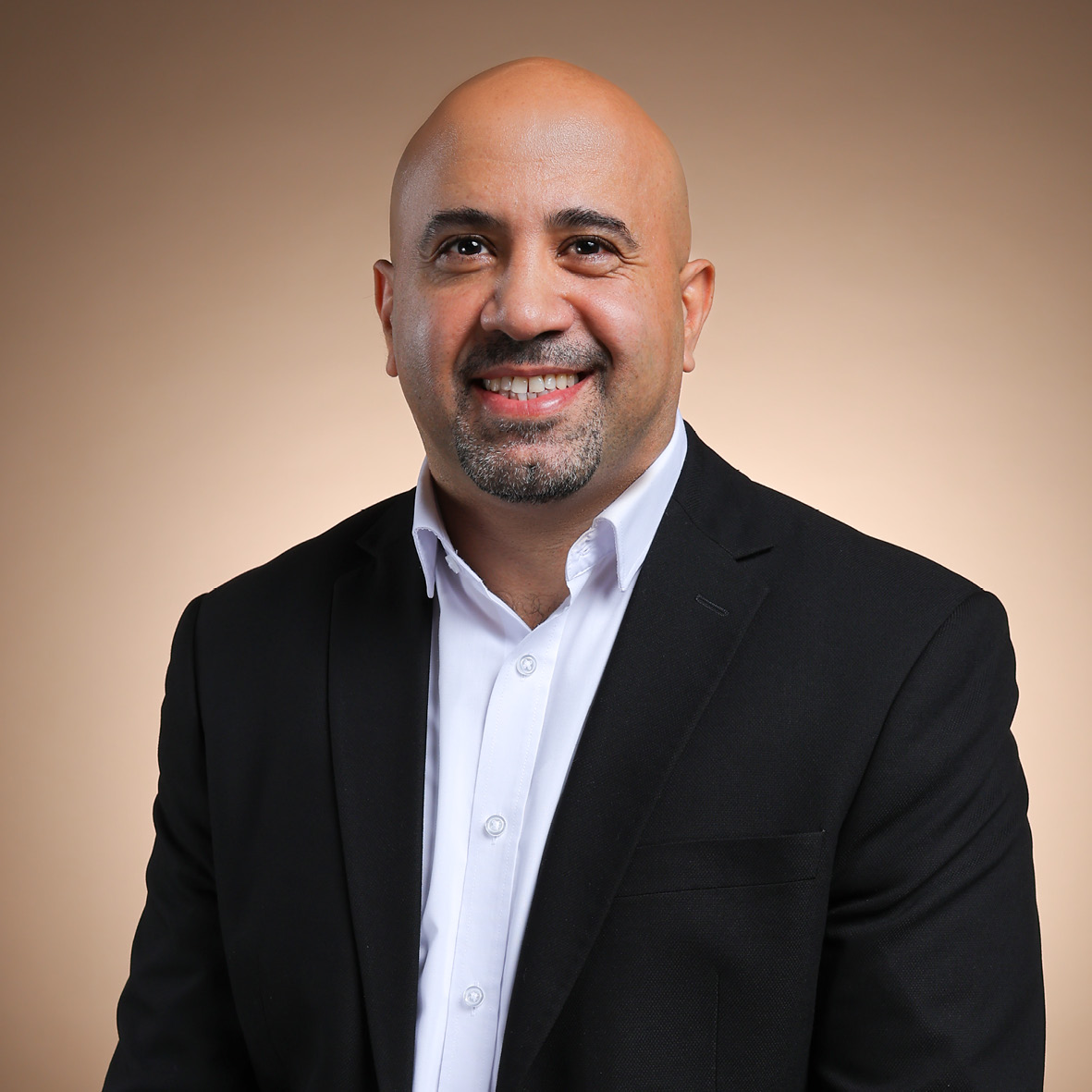RIYADH: Saudi Arabia’s venture capital ecosystem showed remarkable growth in 2024, driven by robust government support, an influx of international investors, and a maturing entrepreneurial scene, according to industry experts.
Aligned with its economic diversification strategy, the Kingdom has prioritized startups and VC investments as pivotal components of its transformation under Vision 2030.
In an interview with Arab News, Philip Bahoshy, CEO and founder of MAGNiTT, a leading regional data platform, emphasized the importance of government-backed programs in fostering this growth, ensuring the ecosystem’s continued expansion in 2025 and beyond.

Philip Bahoshy, CEO and founder of MAGNiTT. Supplied
“Saudi Arabia continued to develop its venture ecosystem throughout 2024. This was seen through multiple government programs and initiatives driven by the Ministry of Communications and Information Technology and the National Technology Development Program, as well as training programs and investment structures through Jada Fund of Funds and SVC,” Bahoshy said.
He also pointed out that the data indicates Saudi Arabia’s increasing competitiveness in terms of funding, especially when compared to other regional markets.
Mohammed Al-Zubi, founder of Nama Ventures, one of Saudi Arabia’s top early-stage VC firms, echoed these sentiments, noting the alignment between Vision 2030 and the Kingdom’s growing momentum in the sector.
“Three key factors stood out. First, the continued support from Vision 2030 initiatives, which provided both infrastructure and funding incentives to startups and investors. Second, the influx of international investors who recognize the untapped potential in the Saudi market,” Al-Zubi told Arab News.

Mohammed Al-Zubi, founder of Nama Ventures. Supplied
“Finally, we saw at Nama that the entrepreneurial talent pool in Saudi Arabia has grown exponentially, with founders becoming more sophisticated in their approach to building scalable businesses,” Al-Zubi added.
A resilient VC market
Despite global economic challenges and a slowdown in late-stage investments, Saudi Arabia’s VC market proved resilient, outpacing many developed markets.
“2024 showcased Saudi Arabia as one of the most dynamic and interesting VC markets globally,” said Al-Zubi.
He observed that, while global VC investments saw significant declines, Saudi Arabia experienced only a “below-average decline,” thanks to targeted initiatives aimed at building a sustainable entrepreneurial ecosystem.
Bahoshy also noted the strength of early-stage and Series A investments, which formed the backbone of the Kingdom’s venture capital activity.
“Venture investment in the Kingdom remained strong at early and series A investments. Late-stage investment globally and in the region has been the hardest hit by the slowdown in venture,” he explained.
One of the standout trends in Saudi Arabia’s 2024 venture capital market was the explosive growth in early-stage investments, which, according to Al-Zubi, accounted for approximately 85 percent of all VC deals.
He emphasized that such investments are crucial for laying a solid foundation for the ecosystem.
Bahoshy also highlighted this trend, noting that “investor appetite at the early stage was notable, driving an increase in the total number of transactions year on year.”
Success stories
Saudi Arabia’s VC growth in 2024 was marked by key success stories, reflecting the strength and global appeal of the local startup ecosystem.
Bahoshy pointed to Tabby, a buy-now-pay-later fintech unicorn, as one of the standout successes. “Now headquartered in Saudi Arabia, Tabby is preparing for its initial public offering, likely on Tadawul, though the IPO date is yet to be announced.”
“The company reached unicorn status last year with a valuation exceeding $1.5 billion after raising $200 million in a Series D funding round. This year it continued its expansion into the Kingdom through the acquisition of Tweeq, moving beyond just BNPL but into other financial services,” he said.
Al-Zubi pointed to Salla, an e-commerce platform backed by Nama Ventures, as another success story.
“Salla’s journey in 2024 is a prime example of the transformative power of early-stage VC. Nama Ventures invested in Salla during its earliest stages, and the company is now on the brink of unicorn status and preparing for an IPO. This year, Salla secured a $130 million pre-IPO investment round, partnered with stc Bank, and launched the Salla Special plan to empower businesses with advanced capabilities,” Al-Zubi explained.
Other Nama Ventures portfolio companies, such as Cargoz and Nowlun, are also leveraging opportunities in the Saudi market.
“Beyond Salla, other Nama Ventures portfolio companies, such as Cargoz and Nowlun, are expanding their footprints into Saudi Arabia — a testament to the ecosystem’s vibrancy and the opportunities it offers for regional growth,” Al-Zubi added.
Global engagement
Discussing the factors driving VC investments into Saudi Arabia, Bahoshy emphasized the Kingdom’s strategic vision as a key attraction for international capital.
“Saudi Arabia, in line with Vision 2030, continues to attract international and regional interest into the Kingdom. In 2024, we saw notable relocation of companies to the Kingdom for their headquarters as well as international VC entities from the US and Asia setting up offices in the Kingdom as they attract global capital,” he stated.
“This has led to the support of venture investment in the Kingdom locally and attracting regional and international startups to the Kingdom,” Bahoshy said.
This surge in international engagement was further bolstered by various government support programs.
“This was complemented by government support programs driven by the likes of MCIT, multiple accelerator programs focused on the top of the funnel like Flat6Labs, 500 Global and Sanabil, as well as Fund of Fund programs to not only invest in the capital allocators, but also to train them through structured programs and academic efforts,” he added.
Global events hosted in Saudi Arabia, such as the Future Investment Initiative and LEAP, played a pivotal role in boosting the Kingdom’s international profile.
“These events have positioned Saudi Arabia as a global hub for innovation and entrepreneurship, attracting attention from leading international venture capitalists,” said Al-Zubi.
Emerging trends
Saudi Arabia’s VC ecosystem has expanded beyond traditional sectors like fintech and e-commerce, branching into emerging industries such as IT solutions, food and beverage, and agriculture.
Bahoshy pointed to Intelmatix’s $20 million Series A round and AI Menu’s $10 million funding as examples of this diversification.
“In 2024, Saudi Arabia’s VC space saw notable activity beyond the usual leading sectors of fintech, e-commerce, retail, and transport and logistics,” Bahoshy said.
Al-Zubi noted another key trend — the rise of sector-specific funds led by seasoned entrepreneurs.
“These individuals leveraged their expertise and capital to establish highly focused funds in areas such as fintech, health tech, and logistics,” he observed.
He believes this trend will continue into 2025, with more seasoned founders transitioning into investors and further strengthening the ecosystem.
2025 Outlook
Both Bahoshy and Al-Zubi are optimistic about the future of Saudi Arabia’s VC market in 2025.
Bahoshy highlighted IPO readiness as a critical focus for the coming year. “Much discussion and preparation have been in place to see more IPO listings in the Kingdom. This is likely to transpire in 2025; however, a lot of groundwork in preparing companies to be ‘IPO’ ready has been a catalyst to the venture market,” he said.
Al-Zubi forecasted growth in both early- and later-stage investments. “I foresee a continued shift toward larger, later-stage investments as more startups reach maturity.”
“Simultaneously, the emphasis on early-stage investments will grow exponentially, driven by the recognition that nurturing startups from their inception is critical to building a pipeline of scalable ventures,” he added.
Al-Zubi also anticipates continued momentum in pre-seed and seed funding, along with mentorship initiatives aimed at supporting emerging founders.
Bahoshy pointed to deep technology investment as another promising area. “In the ever-evolving Saudi Arabia ecosystem, it is also important to note that the foundations are being set for deep technology investment,” he said, referencing the efforts of institutions like KAUST, government programs such as MCIT, and international roadshows in regions like Singapore, South Korea, and London.
“This is an area to watch out for heading into 2025 as the AI interest globally looks to translate to venture investment in the Kingdom,” he added.

























